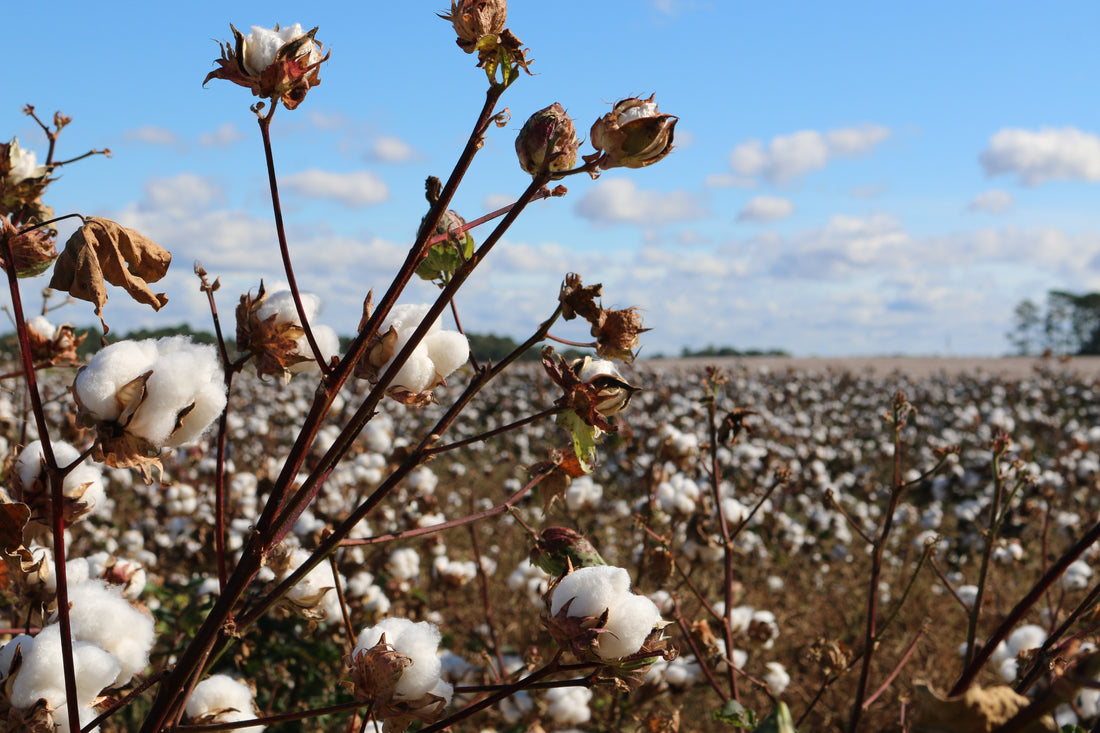
Difference between an organic and non-organic growing soil for organic cotton underwear
Share
We are talking about organic cotton underwear, such as non-toxic underwear and with a low impact on pollution and water consumption.
According to a study carried out by Textile Exchange, organic cotton needs 90% less water to grow than normal cotton. We have wanted to do an analysis of contamination of polyester vs. organic cotton .
But, of course, assume this fact without asking why. It's not enough, right?
Soils are capable of storing and filtering water. For this it is important that the soil contains a high amount of organic matter. Well, according to the FAO, the organic matter of the soil is capable of storing 20 times its weight in water. If the capacity of the soil to accept, retain, release and transmit water is inhibited, we are reducing its productivity. A high content of Soil Organic Matter (SOM), provides nutrients to plants and improves water availability, and consequently soil fertility.
One way to measure the health of the soil, or the content of this organic matter, is with Soil Organic Carbon (SOC). Since it is the main component of it. The COS indicates the amount of nutrients that the soil contains. It modifies the acidity and alkalinity towards values close to neutral, and increases the solubility of nutrients. Having an effect on the structure and properties.
In addition, COS improves the stability of the soil structure by promoting the formation of aggregates that ensure, together with the pores, sufficient aeration and water infiltration to promote plant growth.
And how is the existence of this organic matter altered? Well, with excessive cultivation, overgrazing, the use of pesticides and toxins, they put the soil under great stress, thus losing its amount of organic matter.
In conclusion, the reason why organic cotton needs 90% less water for its cultivation is because the soil contains a high content of Organic Matter in the soil, and therefore of Organic Carbon in the Soil, which allows it to store water. and nutrients, leading to a more fertile soil without dependence on external irrigation.




